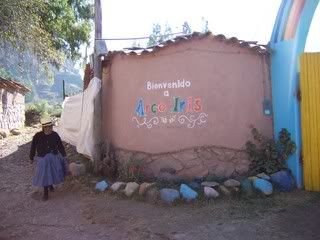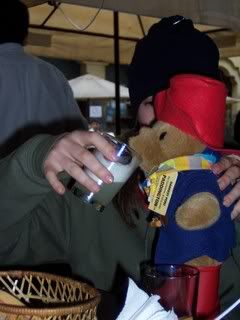In a nod to (read: shameless hack of) the excellent Lauren Squires over at Polyglot Conspiracy, here are some of the search phrases that people have used to find me here at There’s Something About Translation… Why is this interesting? Well, if you’re working on building up your web presence, maybe you’ll get some ideas on keywords for your metatags. And if you already have a blog or website, maybe it will give you something interesting to compare your own stats with. Go on, post your analysis – I dare you 😉
freelance translat english to portuguese blog
grindhopper
naked translator
harry potter translations
translation careers
blog of freelance translator
books on translation invented words
naked translator blogspot
the naked translator
translating harry potter
translation jobs london 2012
translators for blogs
“running a translation business”
“tom riddle” copywriter
“translation coffee”
“worked for” transperfect
ate shot and left
best translation lessons
but there’s something about that name
cat translation courses
crew wanted and there cv 2007
female entrepreneur, translation
freelance translation earnings
get naked in spanish translation
grindhopper website
harry potter book differences countries chapter title
highest salary for freelance translators
hindu translator for mobile windows
how to get harry potter translated in to portugese
hungarian name anagram
im translatior
importance of invented words in harry potter
invented by ukrainian
is it a good idea to specialise in translation
is there a market for slovak translators
legal translation blog
naked blogspot freelance translator
naked in other languages
naked translator blog
naked translators
olympic games
out of office notice
poor translation spanish “harry potter”
role of proper names in books for children
something interesting about translation
spanish translation for i love you and i put it in spanish for the nosey people p.s continue to let people know that you are taken
starting out, translation rates
tax rate “freelance translator”
theory versus practice translation
there’s something about that name key of d
there’s something about translation… blog
thesis about the technique translation of horry potter from english to spanish
translate happy birthday in ukranian
translate my anagrams
translating labels in london
translation opportunities overseas
vietnamese translation of sara
voldemort anagram language
when is translation useful
work like translate harry potter in portuguese
OK, so some of these are completely random. And my Harry Potter in Translation post seemed to pull in plenty of random googlers too!



